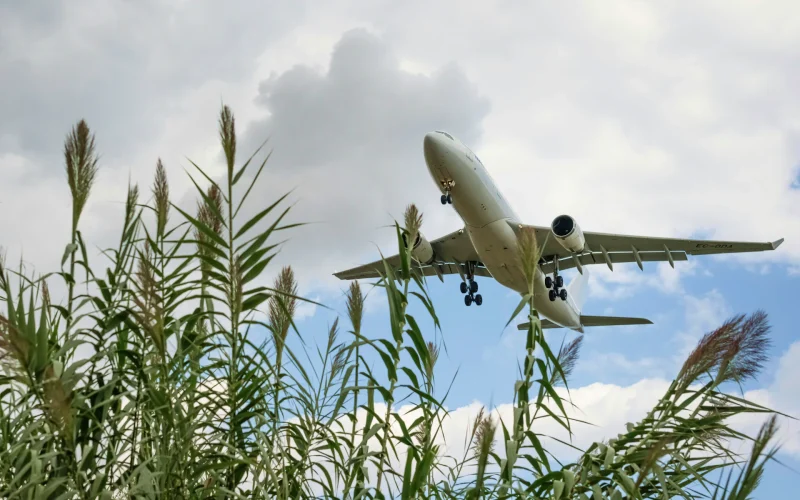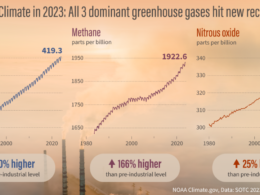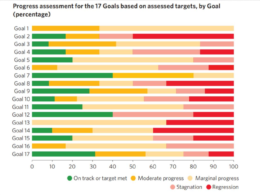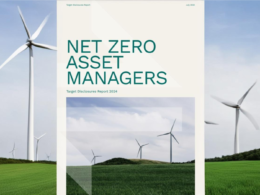A recent study by T&E’s SAF Observatory highlights the aviation industry’s unpreparedness for the transition to sustainable aviation fuels (SAFs). Out of 77 airlines assessed, none qualified for the highest sustainability category, and 67 were placed in the lowest category for either minimal or no SAF usage. Additionally, less than half of the airlines have established SAF usage targets, with none setting goals for e-kerosene.
SAF consumption among the airlines in the study is projected to grow marginally from 0.15% to 1.3% by 2030, cutting aviation emissions by less than 1%. However, this reduction is insufficient to offset air traffic growth. Prioritising e-fuels over crop-based biofuels could significantly enhance emissions reduction, yet e-kerosene currently constitutes less than 10% of SAF purchases, compared to 30% for crop-based biofuels.
Regional variations in SAF adoption were noted, with European airlines purchasing less SAF than their North American peers but projected to achieve higher emissions reductions by 2030 due to greater reliance on e-kerosene and less on crop-based biofuels.
The study attributes airlines’ limited SAF uptake to a lack of supportive regulatory frameworks in many regions, and where policies exist, they often lack stringent sustainability criteria, enabling the proliferation of unsustainable biofuels. Major oil companies have also been slow to invest in e-kerosene, despite their financial capacity to do so.
To accelerate the transition to sustainable aviation fuels (SAFs) coordinated action is essential across multiple sectors according to T&E. Oil companies should prioritise investments in e-kerosene production or collaborate with producers to increase availability. Governments must implement robust SAF mandates with strict sustainability criteria, set specific sub-targets for e-kerosene adoption, and provide financial incentives such as tax credits and grants to lower costs. At the EU level, policies like the Clean Industrial Deal should complement the RefuelEU SAF mandate by fostering investment in e-kerosene production and scaling its market presence. Airlines, on their part, should focus on adopting scalable SAF solutions by signing memorandums of understanding (MoUs), establishing offtake agreements, and directly investing in e-kerosene projects to ensure meaningful emissions reductions.
Achieving meaningful emissions reductions in aviation will require collaboration across airlines, governments, and the energy sector to prioritise the adoption of truly sustainable fuels and scale up their production and use.






















